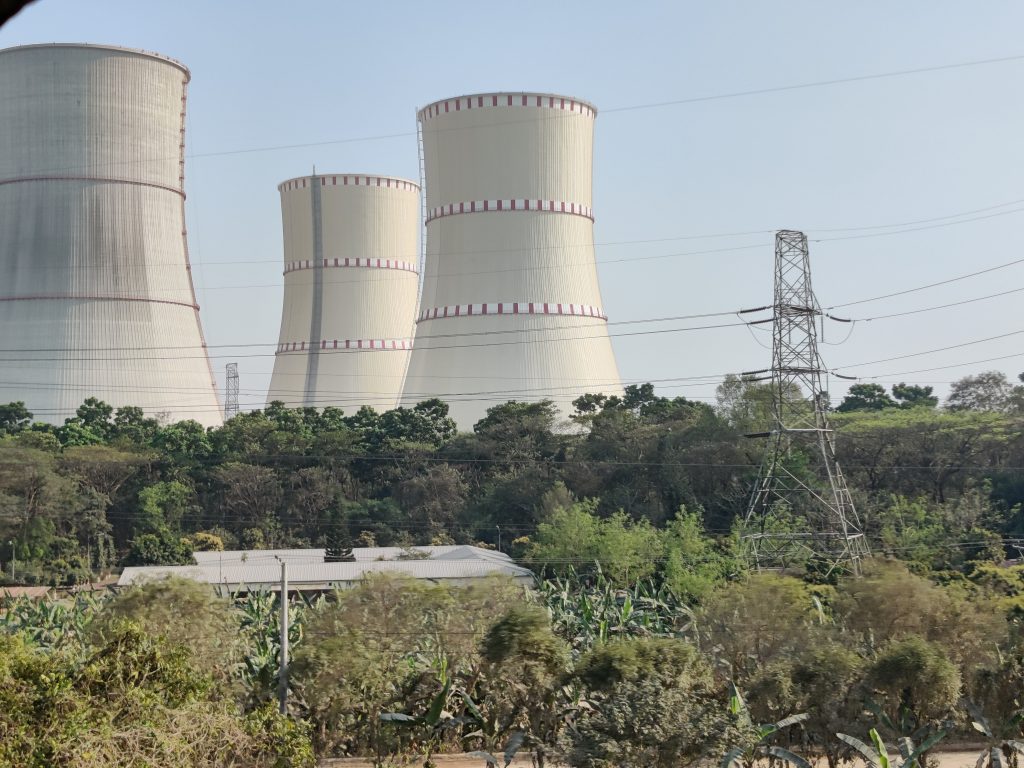A recent financial pact between Bangladesh and a Saudi financial institution is poised to fortify the energy stability of the South Asian nation while easing the strain on its foreign currency reserves.
The Islamic Development Bank’s International Islamic Trade Finance Corp. solidified a financial arrangement on March 25, granting $1.4 billion to the Bangladesh Petroleum Corp. with the goal of enhancing the country’s energy framework. This strategic move is expected to bolster energy assurance for Bangladesh, which is among the most rapidly expanding economies in the region.
From July of this year to June 2025, Bangladesh will be endowed with financial aid,
stated Kazi Muhammad Mozammel Huq, the operations director of Bangladesh Petroleum Corp., in a conversation with media outlets. The majority of the funds will be allocated to crude oil imports, with a minor share designated for refined oil acquisitions.
This investment will enable the state-run agency, tasked with the importation and distribution of fuel oil, to fulfill its financial commitments to primary suppliers such as Saudi Aramco and the UAE’s Adnoc.
The suppliers are assured timely remuneration,
Huq emphasized. He pointed out that the loan’s denomination in US dollars is instrumental in alleviating the pressure on Bangladesh’s dollar reserves.
As Bangladesh imports the bulk of its oil requirements and is currently grappling with a dollar shortage, the financial injection is crucial for the government to maintain consistent fuel supplies.
This financial accord will significantly aid our oil and gas imports,
mentioned Ijaz Hossain, a prominent energy analyst and academic at the Bangladesh University of Engineering and Technology. Securing a dedicated fund for energy procurement is a substantial relief, particularly given the volatile nature of the oil and gas markets.
Energy supply limitations have long been a hurdle for businesses operating in Bangladesh. A study by the Dhaka-based Center for Policy Dialogue earlier revealed that over two-thirds of companies cited energy shortages as a primary concern, often leading to production halts.
Hossain further proposed that Bangladesh might broaden its collaborative efforts with Saudi Arabia in the realm of renewable energy. There are prospects to enhance partnerships with Saudi renewable energy leaders such as ACWA Power, which could accelerate with government support in land acquisition,
he suggested, highlighting the potential for direct foreign investment and the need for swift project development in this sector.
